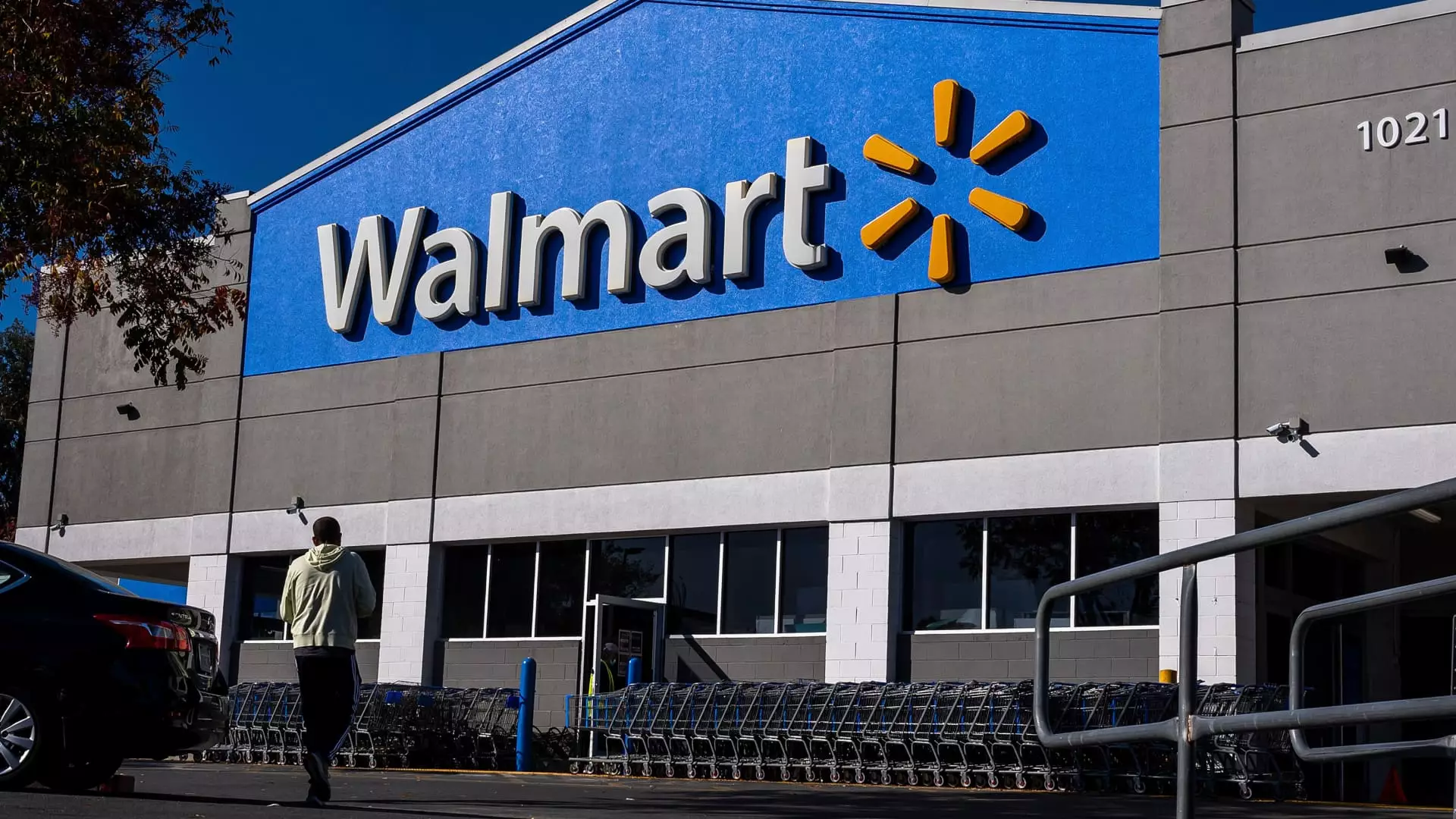As the possibility of new tariffs looms under President-elect Donald Trump’s administration, major U.S. retailers are preparing for the economic ramifications. John David Rainey, the Chief Financial Officer of Walmart, offered insights into how these tariffs could reshape pricing for consumers. While Walmart traditionally prides itself on its “everyday low prices” philosophy, Rainey’s remarks indicated that the retailer may have to make difficult decisions regarding price adjustments in certain product categories if tariffs are implemented.
The Threat of Inflation and Job Losses
The conversation surrounding tariffs has ignited concern among retail executives, who warn that broad tariffs could effectively act as a tax on American families. National Retail Federation CEO Matthew Shay articulated this sentiment, cautioning that across-the-board tariffs could lead to inflationary pressures, thereby increasing consumer costs. Furthermore, Shay predicted potential job losses in the retail sector, as companies would struggle to absorb the increased costs associated with higher tariffs on imported goods. This developing situation reflects a broader anxiety about how these economic policies could impact day-to-day American life.
While various retailers have begun to voice their concerns, the specific impacts of the proposed tariffs vary across different segments. For instance, e.l.f. Beauty’s CEO, Tarang Amin, highlighted that if tariffs were enforced, it could necessitate a price increase for their products. Moreover, footwear brands like Steve Madden disclosed plans to significantly scale back imports from China to mitigate tariff-related costs. These actions exemplify the adaptive strategies companies are employing to shield their bottom lines from potential fallout.
Interestingly, Walmart remains somewhat insulated from this tariff threat, with Rainey reporting that approximately two-thirds of the items sold by the retailer are sourced from within the United States. This diversity in sourcing is crucial, as increasing reliance on domestic production may shield Walmart from the full consequences of tariff hikes. Additionally, Rainey emphasized Walmart’s ongoing efforts to diversify even further, minimizing dependence on any single country and thereby reducing vulnerability to sudden policy changes.
Reflecting on the previous administration’s tariffs, Rainey pointed out that Walmart has been operating within an environment marked by tariffs for the past seven years. This experience has allowed the retail giant to navigate challenges and adjust relatively quickly to changes in trade policies. However, Rainey also acknowledged the toll these tariffs take on customers, labeling them as inflationary measures that ultimately lead to higher prices for end consumers.
Lowe’s Takes Preventative Measures
The home improvement retailer Lowe’s echoed similar sentiments regarding the potential influences of tariffs on pricing. CFO Brandon Sink highlighted that around 40% of their cost structure is derived from goods sourced outside the U.S. and indicated that potential tariffs would undoubtedly increase product costs. Yet, Sink remains hopeful, asserting that they are strategically positioned to respond to these challenges should they arise, a perspective that reflects broader awareness in the retail sector of the need for agility in a fluctuating economic landscape.
The looming threat of tariffs under President-elect Trump has initiated a wave of concern from leading retailers like Walmart and Lowe’s. While the potential for increased consumer prices casts a shadow over the future of retail, many companies are proactively strategizing to mitigate the impacts of such trade policies. Flexibility, local sourcing, and diversification are paramount as these retailers ready themselves for a changing economic environment marked by uncertainty. As events unfold, both consumers and retailers alike will keenly watch how these economic strategies play out against a backdrop of policy change and inflation concerns.


Leave a Reply